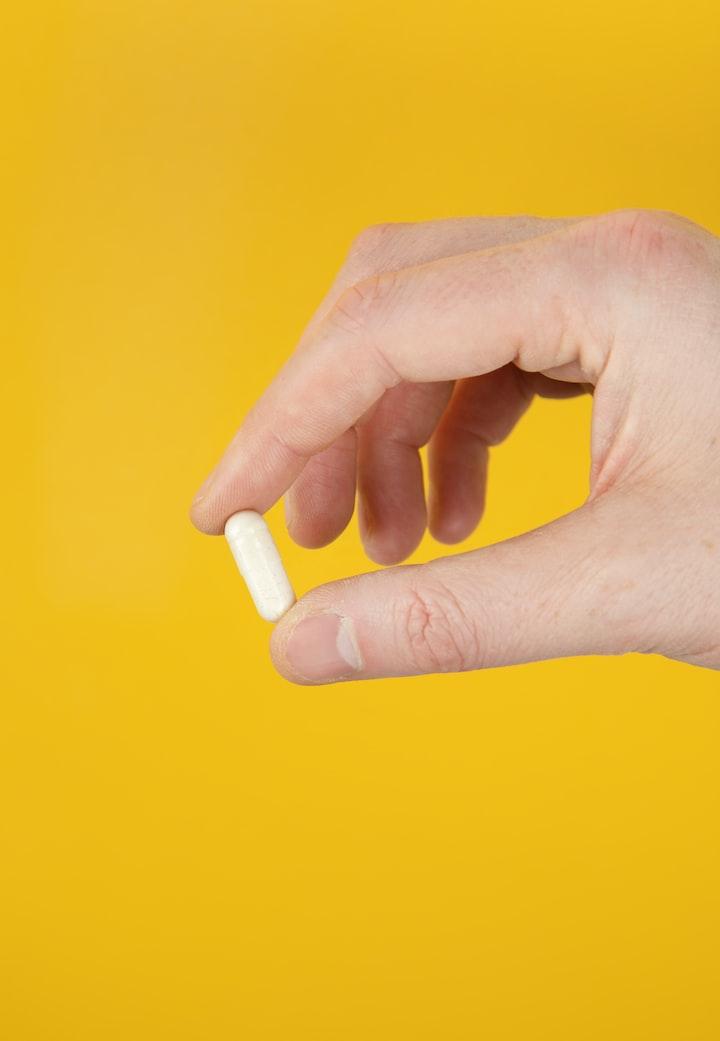There are many different vitamin and mineral supplements on the market today. It can be confusing to know which ones to take, in what doses, and whether or not they might interact with each other. Here is some basic information about vitamins and how they can interact with each other.
Vitamins are classified as either water-soluble or fat-soluble. Water-soluble vitamins dissolve in water and are not stored in the body. Fat-soluble vitamins dissolve in fat and are stored in the liver and fatty tissues.
The body needs a constant supply of vitamins because they are used up quickly and are not stored for long periods of time. For this reason, it is important to eat a diet that contains a variety of foods that provide all the essential vitamins, or to take a daily multivitamin supplement that contains all the essential nutrients your body needs.
Read More »Which Vitamins Should You Not Take Together?






